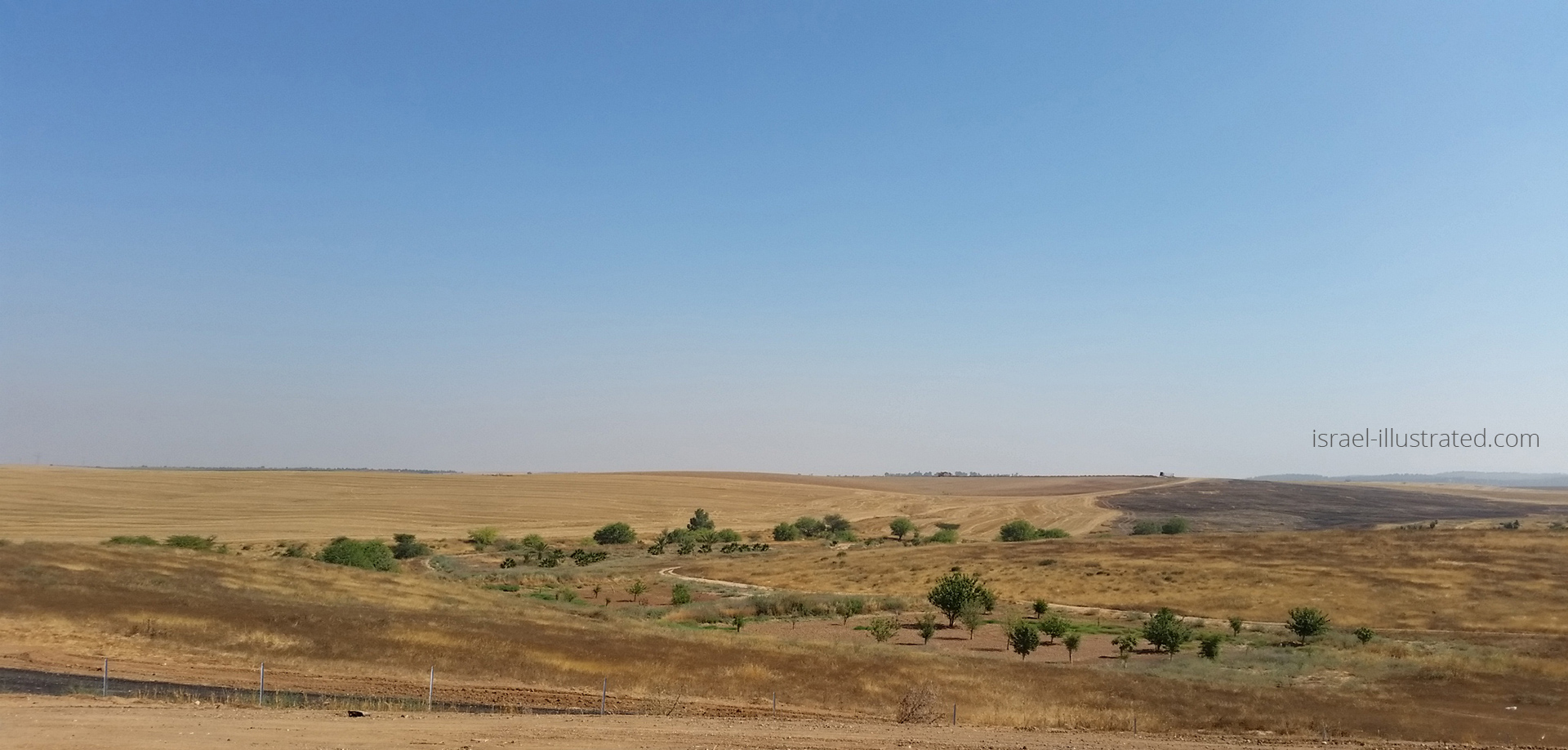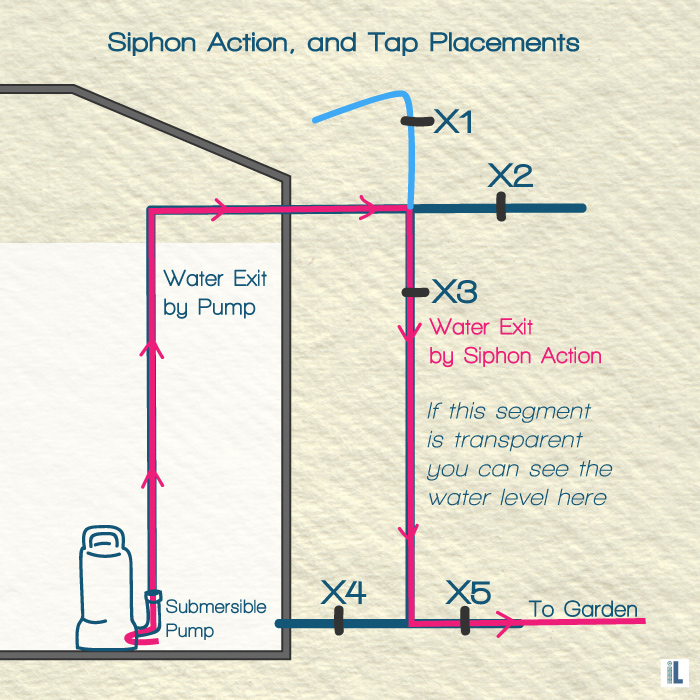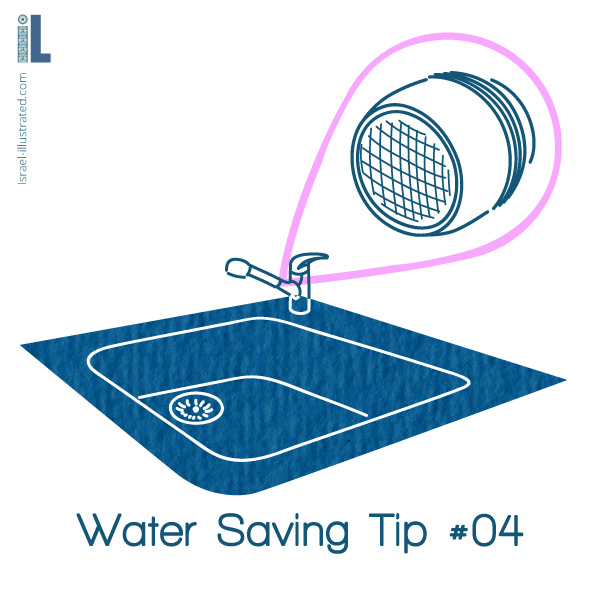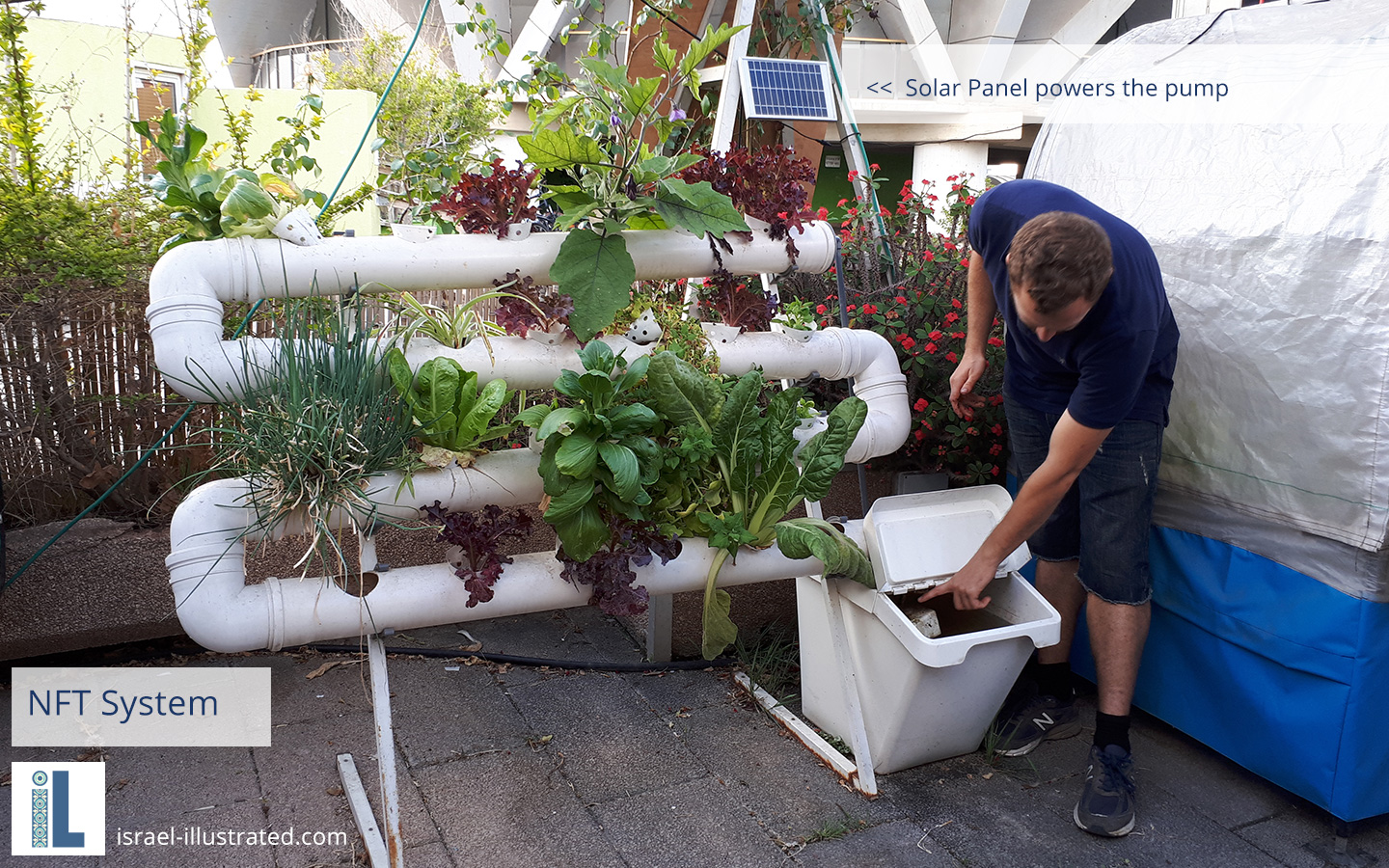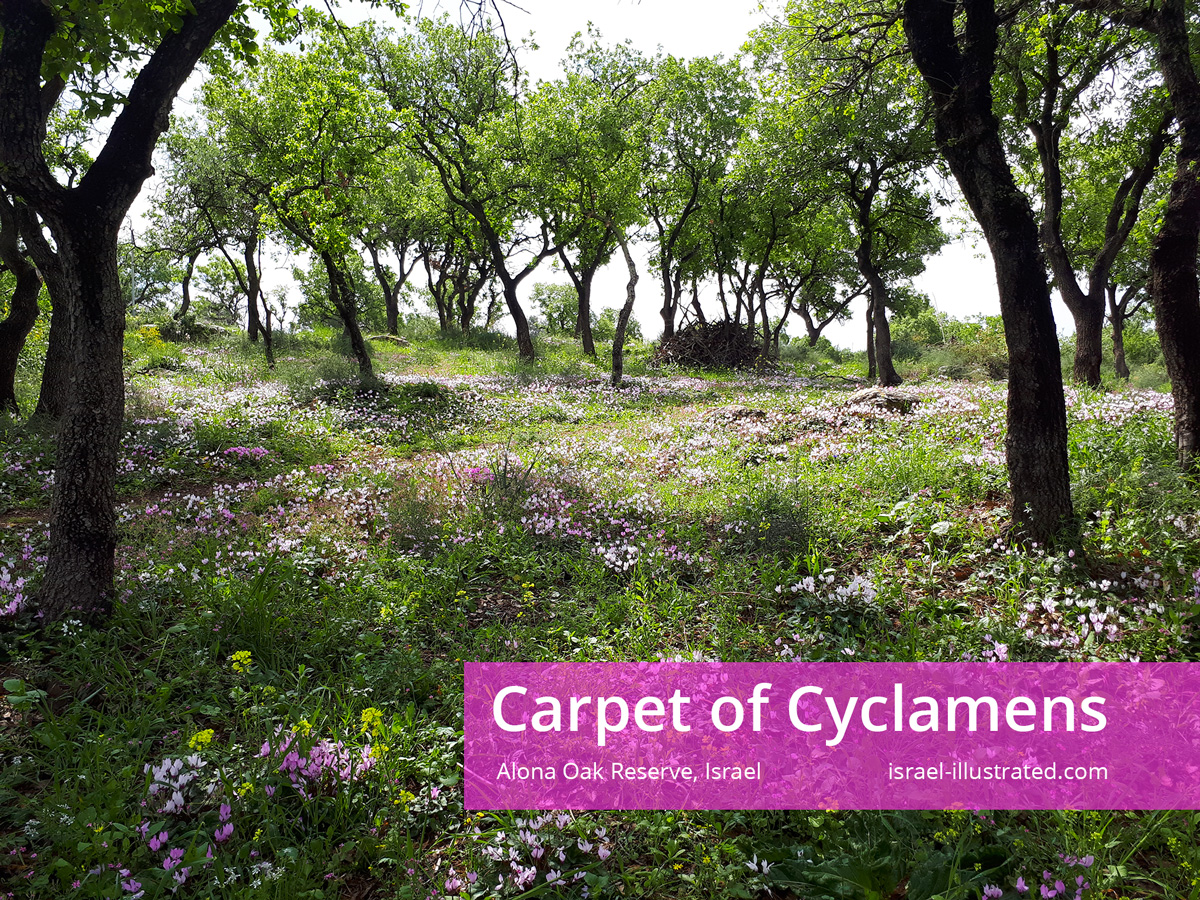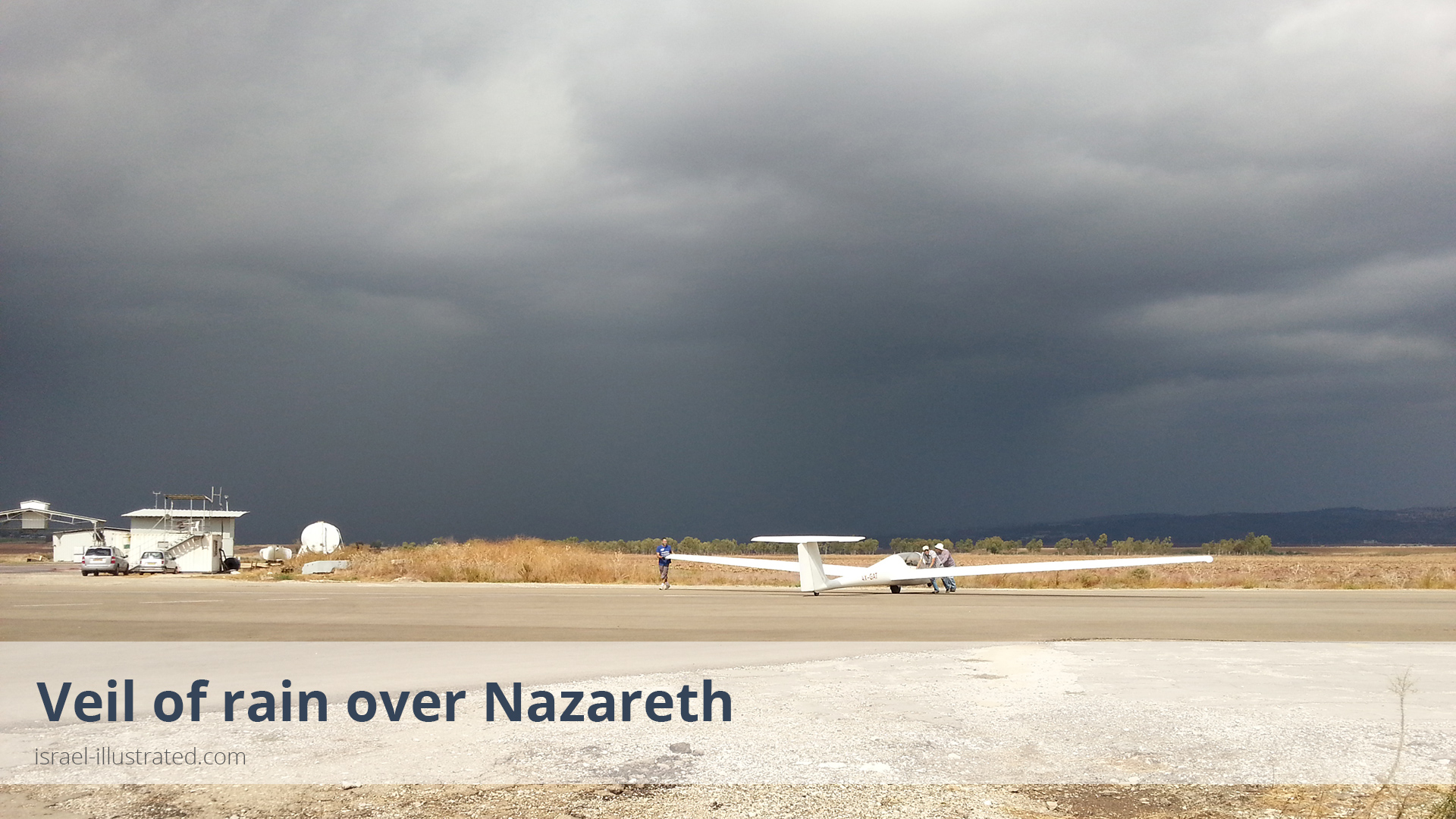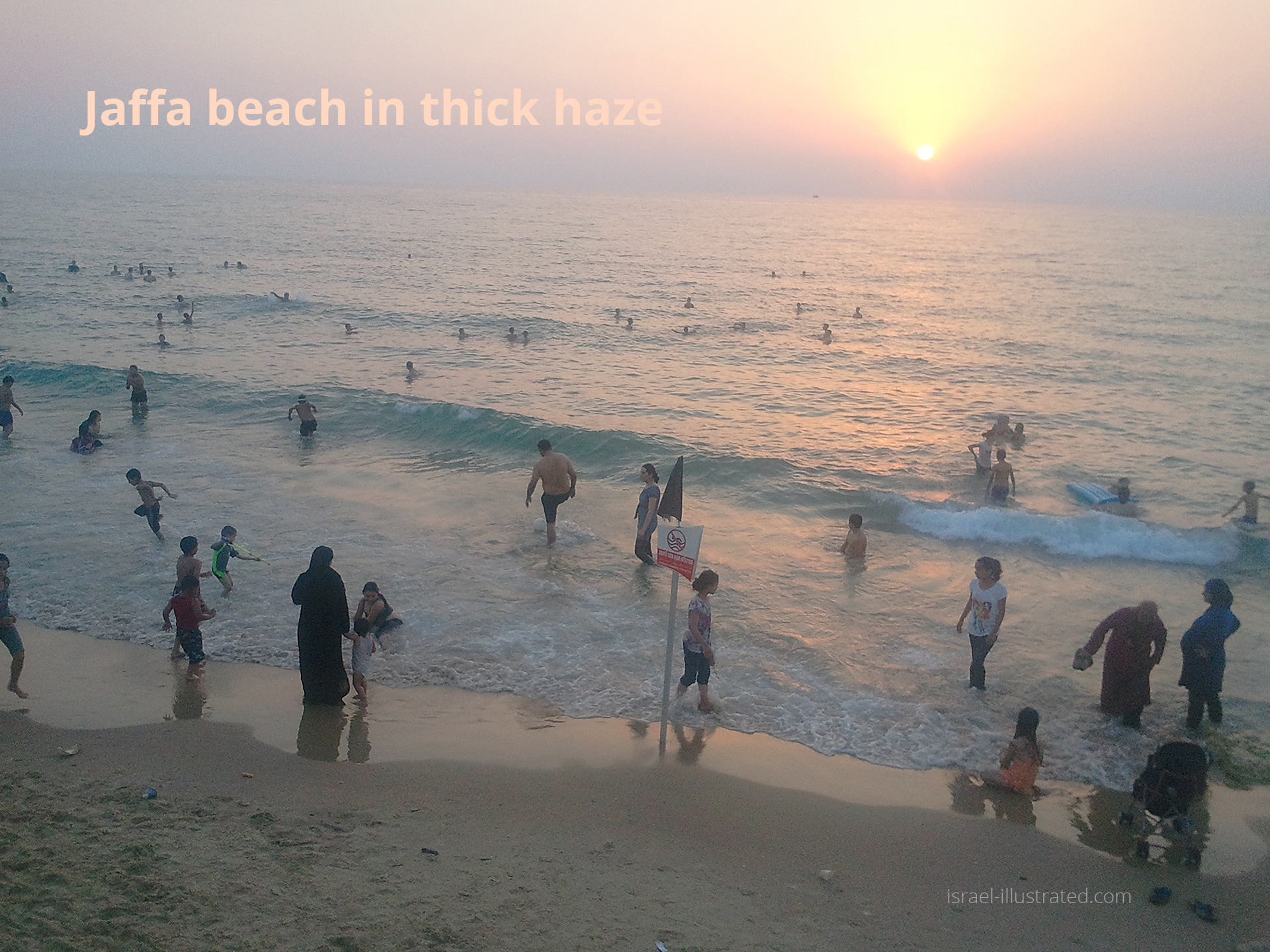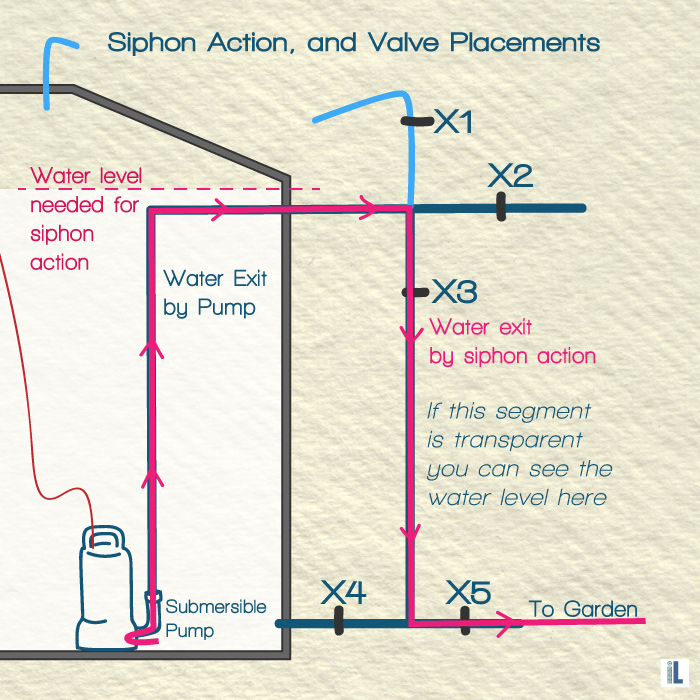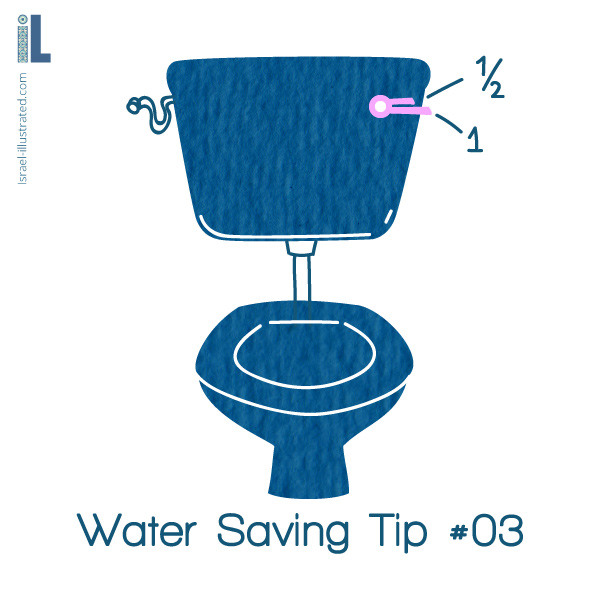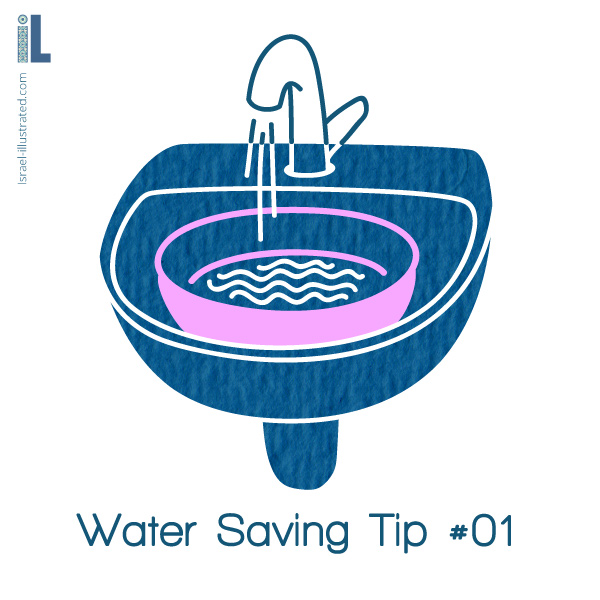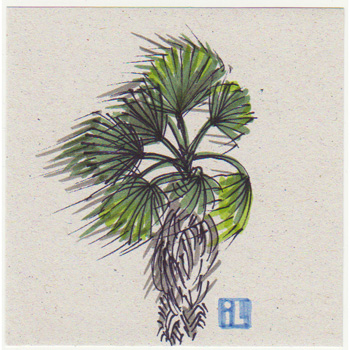- Home
- Climate
Weather in Israel
The weather in Israel can be said to be eternal summer, but that's only a part of the story.
Sitting on the junction of three continents, with two seas, a sweet-water lake and the extreme environment of the Dead Sea, you get a big range of climates and landscapes packed into a very tight space.
As a glider pilot I study meteorology, and let me tell you, there's something special in the air here ;) Let's explore:
Latest Articles in This Section:
Happy Tu Bishvat!
The Trees' New Year is a great opportunity to take a look at Israel's man-made forest and how they change the local climate.
Also, find how forest fires start here, and how YOU can help rehabilitate burnt forests.
How to harvest water from your home air conditioner:
A detailed guide for setting up a home condensate collection system.
The condensate is not fit for drinking "as is", but your garden will love it. Please read all the warnings about using your AC water, and see if it's for you.
Water saving tips from a parched country:
I've put together a list of the day-to-day ways we save water at home.
Check it out- it can cut down your water bill dramatically >>
Take a comprehensive tour of various Hydroponic Farming methods in the Yarok Bair Center (Green in the City), Tel Aviv.
An Overview of the Weather in Israel, Year-Round
Let me walk you thru it: You can simply scroll down and read, or click on any of these links to skip to the bit you want:
Best time to come to Israel is Spring /Autumn
Winter: Short and, lately, violent. Some warnings you need to know about
Summer: 8 months a year. Hope you love sunshine!
General tips - what to expect in different parts of the country
Water - All about drinking water
Sun related warnings - get your sunscreen!
Spring and Autumn - The Best time to Come
The best time to visit, weather-wise, is in a transitional season – Spring or Autumn. These are the seasons for hiking and doing things outdoors.
Temperatures circle around the 20 degrees Celsius, the mornings and evenings are cool – it's perfect.
For a few short months, between December and March everything is green.
Around March the spring brings on crazy blossoms, and by late April, everything turns yellow again.
Winter - Short but Violent
I'd say the Israeli winter is mostly harmless. Until it's not. I'm updating this page here in the winter of 2020, after flash floods have killed several people.
The problem is, winter here comes in fits and starts. It can get seriously cold, and it snows in Jerusalem every other year or so.
Rain comes in 1 to 3 day events, and when it rains, it pours, drenching you in minutes. It normally won't rain for more than an hour straight, and after another hour the sun comes out again.
Again - 2020 update - "normal" is nowhere to be seen for the last few years. You must exercise good judgment and common sense.
Winter tip
Bring warm clothes for indoors as well!
Indoor heating is not efficient in most Israeli homes (except Jerusalem, maybe). The Russian Olim complain that they feel colder here, at 10°C, then they did back at Moscow in minus 20, because we don't heat up full blast.
Also, Israeli floors are covered in marble or ceramic tiles – cool for walking barefoot in the summer, but you'll want slippers in the winter.
General tips about the Israeli weather
A lot depends on which part of the country you're in:
- The closer you are to the Mediterranean or the Kinneret, humidity rises.
- The higher you go, and the further inland, the air dries.
- The northern half of Israel is farm land and pine forests, some man made, and stays green even in the summer.
- South of Beer Sheva is officially a desert, with less than 200mm rainfall a year.
- We do get extreme weather events: Last year Eilat recorded 48 deg. Celsius! Which is why I guess people love going Ice-Skating there :-)
- We also get DEADLY, repeat DEADLY flash floods. Never go into a ravine when it rains anywhere within 50 km of it, even if it looks like it hasn't seen water in years.
- If I could have two houses I'd live in Tel Aviv in the winter, and in Jerusalem in the summer.
Summer
One summer my father and I went down to Ben-Gurion airport to pick up old friends. They were from Holland, a country I remembered as green and grey with colorful stripes of flowers.
The road to Ben Gurion from our home in the desert was lined with yellow thorns, wild and parched.
I asked my dad:
"What does Israel look like to someone from abroad?"
He looked around and made a face.
"Burnt," he said.
Well, one place to go to escape the heat is to the beach:
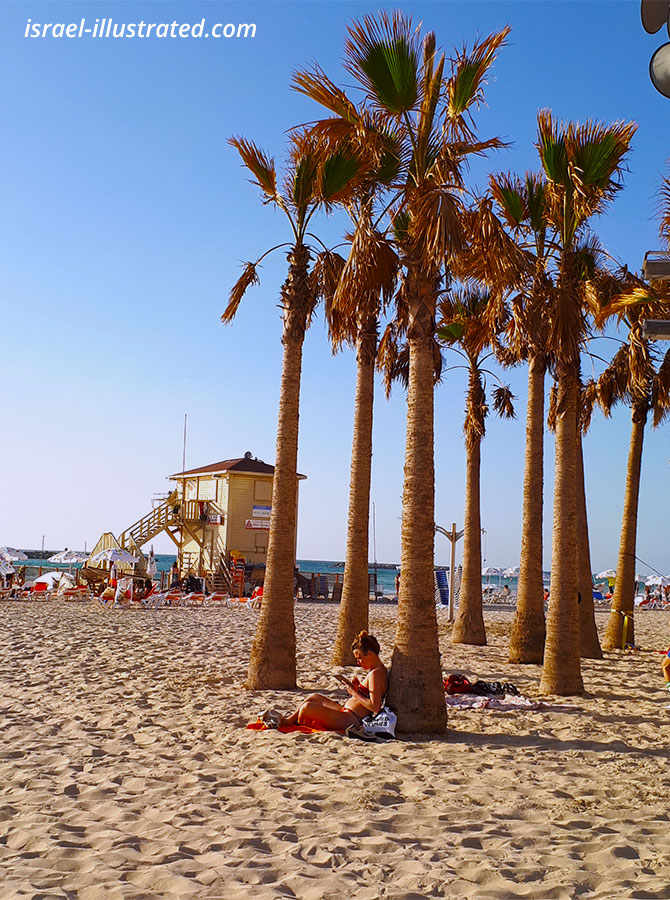
The
height of summer, the "July-August Heat" as popular singer song-writer Shlomo Artzi called it in his famous song, is ruled by a merciless sun.
Temperatures rise to the mid 30's (Celsius, that's 104 F) and stay there. There's no "weather" activity in the Israel in the summer; it's just a constant heat.
Ok, here are a couple of important things you need to know about SUN and WATER in Israel:
The Israeli Sun
If you're planning to work on your sun tan, please follow these precautions:
Don't.
Sun tanning is a bad idea, period.
I was visiting the Negev Gliding Center outside Beer-Sheva, wearing what sensible glider pilots wear in the summer here – long sleeved UV blocking shirt, long airy pants, closed shoes, hat, sunglasses and a ton of sunscreen.
Hanging around looking at the gliders were two guys, obviously tourists, with a British accent. One of them had taken his shirt off, and his torso had turned the color of beetroot.
Desperate to make him see reason, his friend turned to me in a sort of plea: "Tell us, why do you wear long sleeves and long pants in the middle of the summer?"
I looked at the guy and I understood – they have no sun there in England, and the sunlight in Israel makes them kind of high. It's something to do with the level of serotonin the brain produces when you're exposed to strong light. I knew what was happening and felt a bit sorry for him.
"The sun here is merciless," I said.
"Did you hear that?! DID YOU?" The guy yelled at his purple friend but the sunburnt guy just laughed maniacally.
I don't envy him the pain he went thru in the week after.
Skin
Cancer is REAL. Please oh please, don't do this. Wear sunscreen. Don't let
yourself get sunburnt.
If you plan to go hiking – take long and airy clothes and consider the sun something dangerous to protect yourself from.
Always make sure you have enough water, and a way to contact emergency services.
Water
Because
Israel is a hot country, the founding generation, in great wisdom, made a law
that drinking water should be free in public places.
Get
this:
Any establishment in Israel is obliged to give you a glass of tap water free of
charge. The nicer places add a slice of lemon :-) But you'll pay thru the nose for water in the night clubs. Just saying.
Tap
water in Israel is good to drink everywhere.
It's not necessarily tasty in some places, but barring some ecological disaster
it's perfectly safe. The best water –surprisingly perhaps, are in the
Negev desert, in the south. These waters come from local wells, and taste
great.
Tap water in Eilat are now also wonderful. They're desalinated sea water, produced by a process called Inverted Osmosis, and they taste so much better than what you got from the old process. That was desalination by freezing, and the result was uggghhh. Well, no more :-)
Many
places in Israel have free drinking-water fountains. Not quite like Rome... but
cement and aluminum urban water coolers nevertheless. Many cafes in Tel Aviv
offer a cold water station free of charge. You may go in, get a drink and
leave, without buying anything or feeling bad about it.
Get yourself a durable water bottle and refill, instead of spending money on mineral-water,
which by the way, is lacking in some of the minerals you need! A thermal mug is
great to keep water cool.
Water conservation
Israel has solved its drinking-water shortage problem once and for all with a series of desalination plants, but that doesn't mean you can leave the tap running.
Please be considerate. This is still a desert, and desalinated water comes at an effort. Save water as much as possible, and be minded of it.
Purple pipes – DO NOT DRINK!
Purple pipes signify reclaimed water. Great for gardening, but very bad for your health. Please believe the signs.
Our best friend – the Air Conditioner!
Everywhere in Israel is air conditioned – busses, shops, offices, homes and hotels. We don't understand how people live without it. You'll appreciate it especially in Tel Aviv, where the humidity makes everything sticky.
The further you go inland, and the higher the altitude, the drier the air becomes. Jerusalem might have the same temperature as Tel Aviv, but with 25% humidity instead of a 100% it's a different planet.
Tip for the Ladies:
Air Conditioning in offices, lecture halls, cinemas and similar places is set to Freeze. If you're going to a lecture or to the cinema – take a sweater. In my shared-office-space, I wear a fleece jacket in August.
Follow Me on Instagram:
https://www.instagram.com/nettacanfi/
More Articles in Weather:
